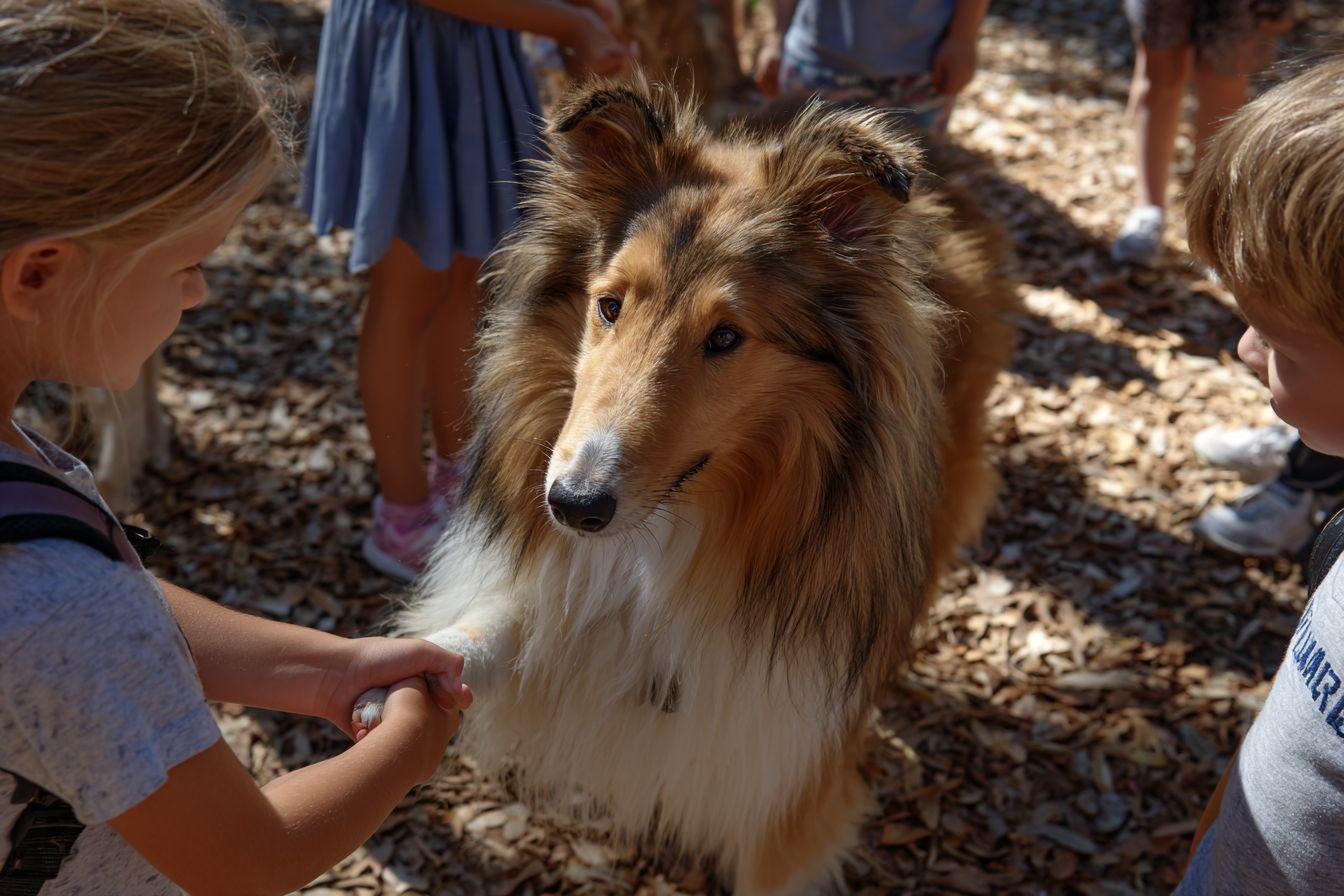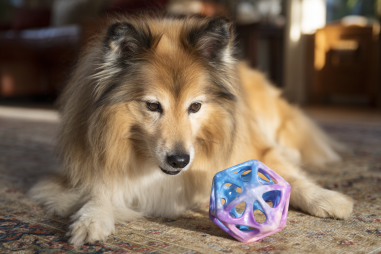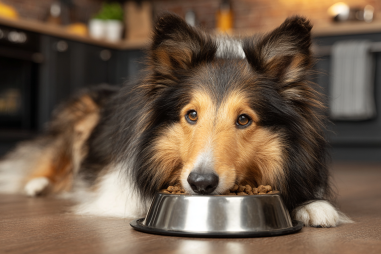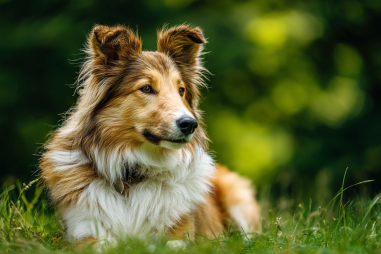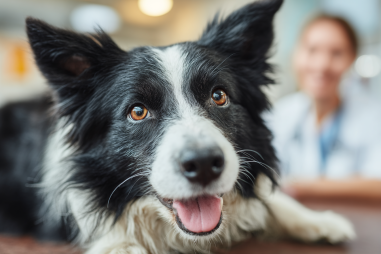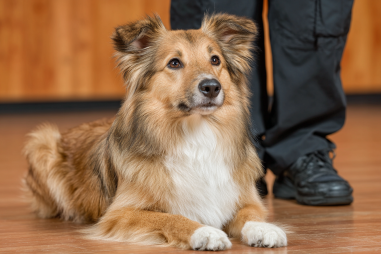Raising a happy and confident Collie goes beyond basic training and care—it involves shaping their social skills from the very start. Proper socialization is key to ensuring your Collie grows into a well-adjusted dog who feels comfortable and secure in a variety of settings. Whether you’re welcoming a lively puppy or adopting an older Collie, socialization helps prevent common behavioral issues such as fearfulness, aggression, or anxiety. This guide will walk you through effective and practical tips for socializing your Collie, laying the foundation for a lifetime of positive interactions.
Importance of Early Socialization
Early socialization is crucial during the formative weeks and months of your Collie’s life. This period—often referred to as the “critical socialization window,” typically between 3 and 14 weeks of age—is when puppies are especially receptive to new experiences, sights, sounds, and smells. Exposing your Collie to a variety of environments, people, and other animals during this time builds confidence and helps prevent fear-based behaviors later on.
Delaying socialization or exposing your Collie too suddenly to unfamiliar stimuli can cause stress, making it difficult for them to adapt in the future. Therefore, starting early and continuing socialization consistently throughout your dog’s life is essential to maintain their social skills and emotional resilience.
Socializing with People of All Ages
Collies are naturally friendly and intelligent dogs but meeting people of all ages can sometimes be intimidating, especially for a puppy or a shy dog. Introducing your Collie to a wide range of individuals—including children, adults, seniors, and people wearing hats or using mobility aids—helps your dog understand that different human types are safe and trustworthy.
Make these introductions positive and calm by following these tips:
- Allow your Collie to approach new people at their own pace without forcing interactions.
- Encourage gentle petting and calm voices from strangers.
- Reward your Collie with treats and praise during and after each positive meeting.
- Supervise interactions, especially with young children, to ensure everyone stays respectful and safe.
This not only builds your dog’s confidence but also reinforces their good behavior around humans.
Introducing Other Pets
Since Collies often thrive in multi-pet households, socializing them with other animals is just as important as with humans. Introducing your Collie to other dogs, cats, or even smaller pets like rabbits or birds can go smoothly with proper planning and care.
Start with controlled, neutral environments that reduce territorial behavior. Here are some tips for introducing your Collie to other pets:
- Keep the initial interactions short and positive.
- Use leashes or barriers as needed for safety and control.
- Observe body language carefully—look for relaxed postures and wagging tails.
- Reward calm and friendly behavior with treats and affection.
- Gradually increase the time spent together as comfort levels grow.
Patience is key during this process, as rushing introductions or ignoring signs of discomfort can lead to conflict or anxiety.
Positive Reinforcement During Interactions
Using positive reinforcement consistently throughout the socialization process encourages your Collie to view new experiences as rewarding rather than threatening. Treats, praise, toys, and affection are excellent motivators that reinforce good behavior and build trust.
Every time your Collie calmly greets a new person, meets another dog without tension, or explores a new environment confidently, immediately reward that behavior. This helps to create positive associations that your dog will recall in future situations.
Avoid punishment or negative responses during socialization, as these can cause your dog to associate new experiences with fear or distrust, undermining your efforts.
Handling Fearful or Shy Collies
Not every Collie will naturally take to socialization with enthusiasm. Some dogs may be fearful or shy due to genetics, prior experiences, or temperament. It’s important to approach these dogs gently and with extra care to avoid overwhelming them.
Here are some strategies to help a fearful or shy Collie:
- Start socialization in low-stress, familiar environments.
- Allow your dog to observe new stimuli from a distance before attempting closer interaction.
- Use high-value treats and calm reassurance to build positive feelings towards new experiences.
- Move at your dog’s pace—don’t rush or force contact.
- Consult a professional dog trainer or behaviorist if fearfulness is severe or persistent.
With time, patience, and gentle encouragement, many shy Collies can develop confidence and become more comfortable socially.
Socialization Activities
Incorporating fun and varied socialization activities into your Collie’s routine keeps them engaged and helps strengthen their social skills. Consider these activities:
- Puppy classes or training schools: Great for structured socialization and basic obedience training with expert guidance.
- Dog parks: Once your Collie is fully vaccinated, dog parks offer a safe space to meet and play with other dogs.
- Neighborhood walks: Encountering different people, pets, and environments during daily walks is essential.
- Visits to pet-friendly stores or cafes: These outings expose your Collie to new sights, sounds, and social situations.
- Playdates: Arranging playtime with known friendly dogs can encourage positive interactions.
Rotate these activities often to maintain your dog’s interest and confidence in various settings.
Troubleshooting Social Issues
Sometimes, despite your best efforts, social problems may arise. Your Collie might growl, bark excessively, or retreat when meeting new people or dogs. Understanding and addressing these issues promptly is important.
Tips for troubleshooting social issues include:
- Identify triggers that cause anxiety or aggression and minimize exposure initially.
- Focus on desensitization by repeatedly exposing your dog to triggers at a low intensity combined with positive reinforcement.
- Provide plenty of physical exercise and mental stimulation to reduce pent-up energy and frustration.
- Seek professional help for persistent or severe issues such as aggression or extreme fear.
- Be consistent with training and remain patient—behavioral improvements can take time.
With careful management and positive techniques, many social challenges can be successfully managed or overcome.
Building a Confident Collie, One Interaction at a Time
Socialization is more than just a one-time phase—it’s an ongoing process that shapes your Collie’s ability to navigate the world comfortably and happily. By introducing your dog to new people, pets, and environments in a positive, patient, and structured way, you’re giving them the tools to become a confident and sociable companion. Remember, every successful interaction contributes to your Collie’s mental well-being and strengthens the bond you share. With time, care, and consistent effort, your Collie will flourish as a brave and well-adjusted member of your family.

